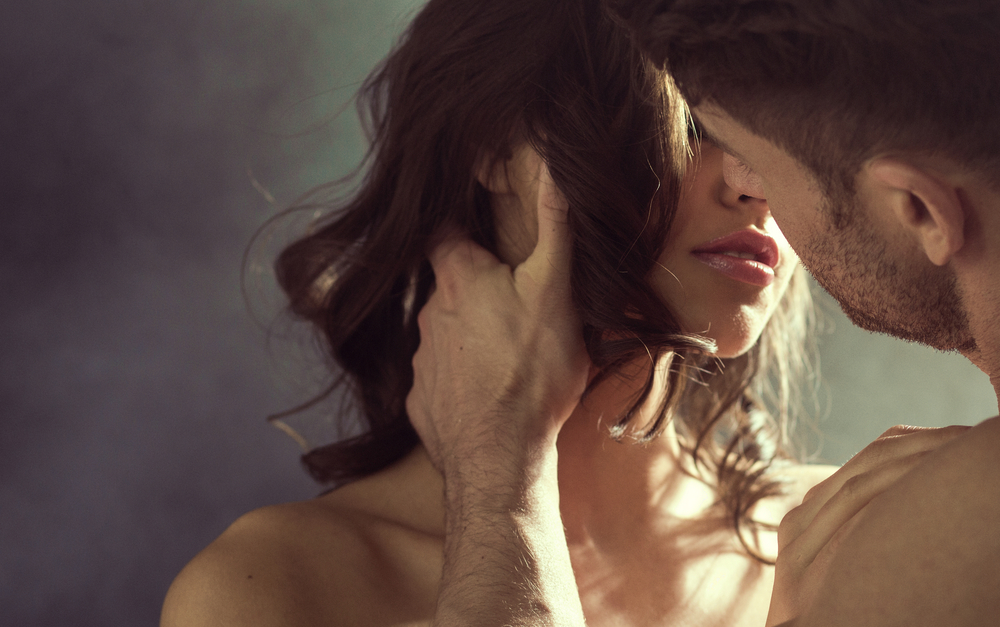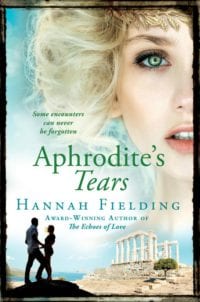‘Passion is universal humanity’
‘Passion is universal humanity’
‘Passion is universal humanity’
-
Hannah
-
Hannah

One of my favourite quotations, by one of my favourite writers, is this: ‘Passion is universal humanity. Without it religion, history, romance and art would be useless.’ – Honoré de Balzac
Passion is what brings us together: passion for life, for learning, for experiencing, for being. Passion for connecting with others; to spark passion in another, and in turn be infused by another’s passion.
Passion runs deep; it is intense. It can be consuming – and enduring. ‘You are my passion, agapi mou,’ says Damian, the hero of my novel Aphrodite’s Tears. ‘And each time you reject me, dousing my fire, my desire, like the phoenix, rises from the ashes, stronger and more determined.’
Passion will not be ignored; to do so is painful, to be untrue to oneself. ‘There was a passionate streak in her that was left untapped and unreleased,’ I write of my heroine, Oriel, in Aphrodite’s Tears. Though she may try to curb that passionate streak, to channel it purely into her work as an archaeologist, it is part of her; it calls to her.
The Ancient Greeks defined passion (πασχω) as ‘to be acted on’: implicit in the meaning of passion was the need to follow the passion.
But for the Ancient Greeks, passion also meant ‘to suffer’. In order to reach a place of calm and wisdom, philosophers believed we should learn to tame ‘the passions’, by which they meant the primitive urges – lust, aggression, jealousy. Over time, passion was framed as negative, a base reaction that ought to be resisted. Little wonder that Oriel feels this way; she is very much a product of her traditional English upbringing, which has taught her to be careful and restrained.
Damian, conversely, has grown up on the little Greek island of Helios, where passion is interwoven into the fabric of life. So Oriel is told when she arrives on Helios:
‘The island has a history, Despinis Anderson. A dark, passionate history, just like the tragedies of our ancient mythology, which cannot be ignored. Whoever lives here cannot help but get caught up in the dramas of Helios. They are part of everyday life.’

Aphrodite’s Tears: available to buy from my shop
The stories of Damian’s culture are the stories of the Ancient Greek gods and goddesses – passion incarnate! Take Aphrodite, goddess of love: she was married to Hephaestus, the god of blacksmiths and metalworking, yet had many lovers, from Ares, god of war, to the mortal shepherd Adonis.
‘But these myths are about human nature and the passions of us mortals,’ Damian tells Oriel.
To have passion is to be human, then. And passion, as Balzac put it, is universal humanity.